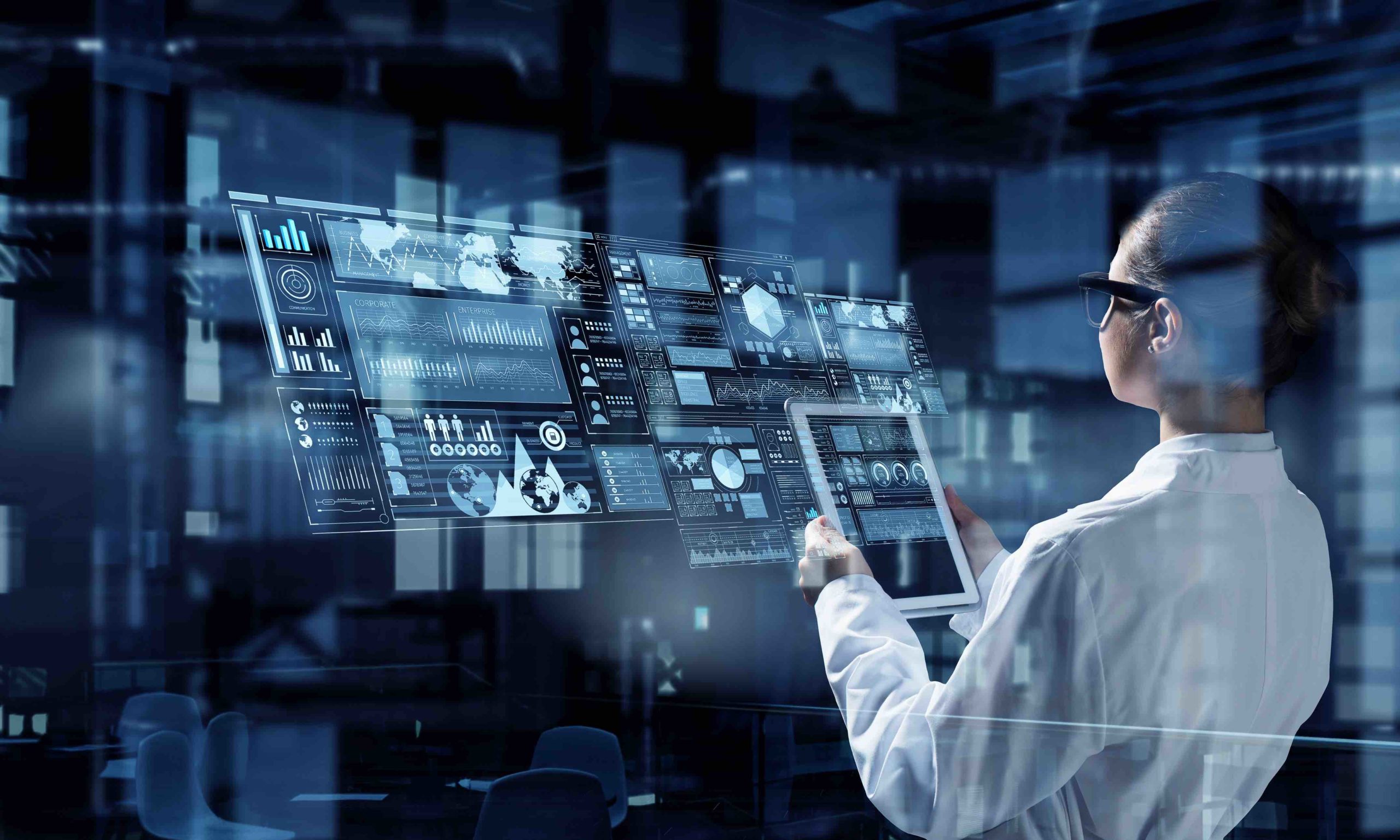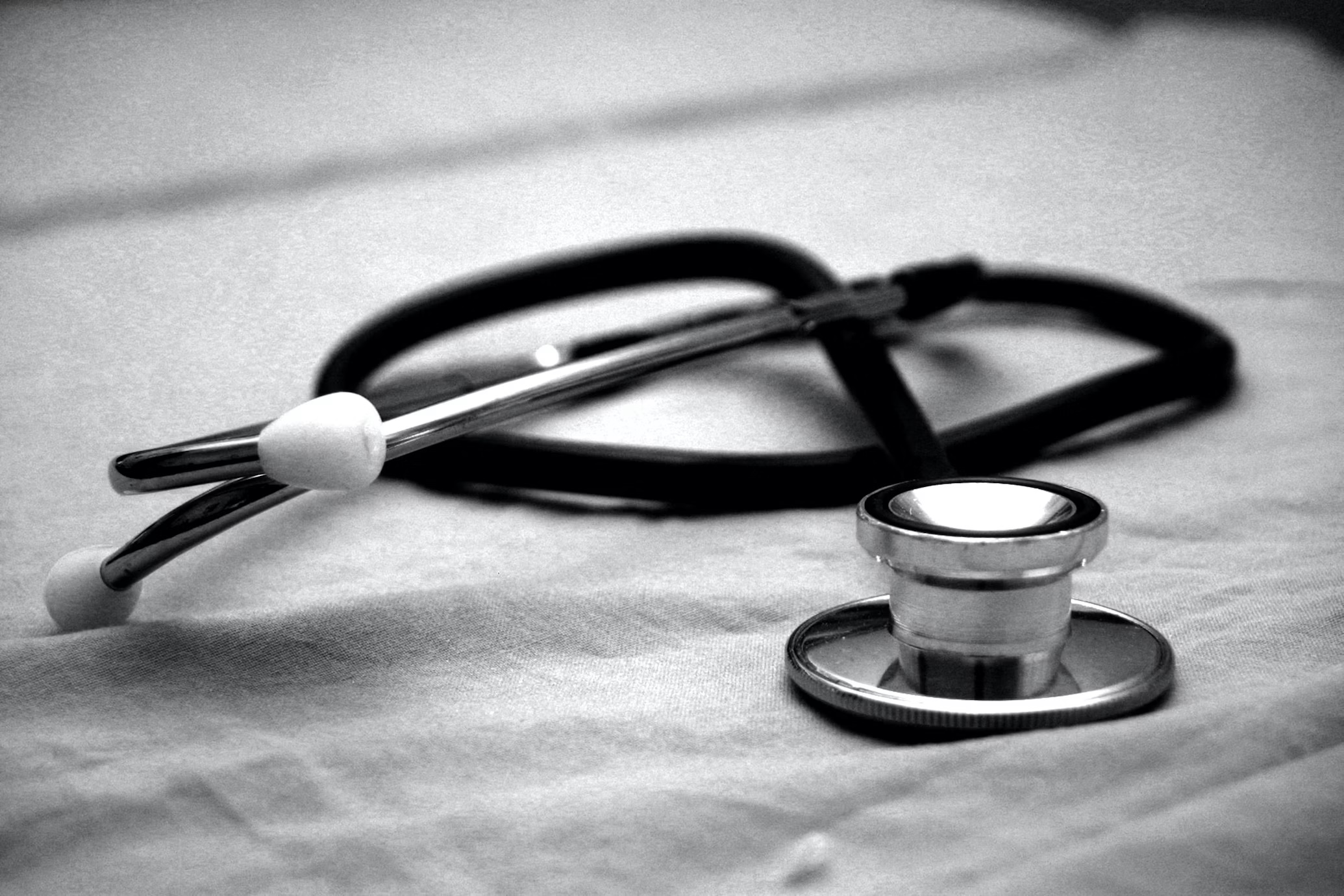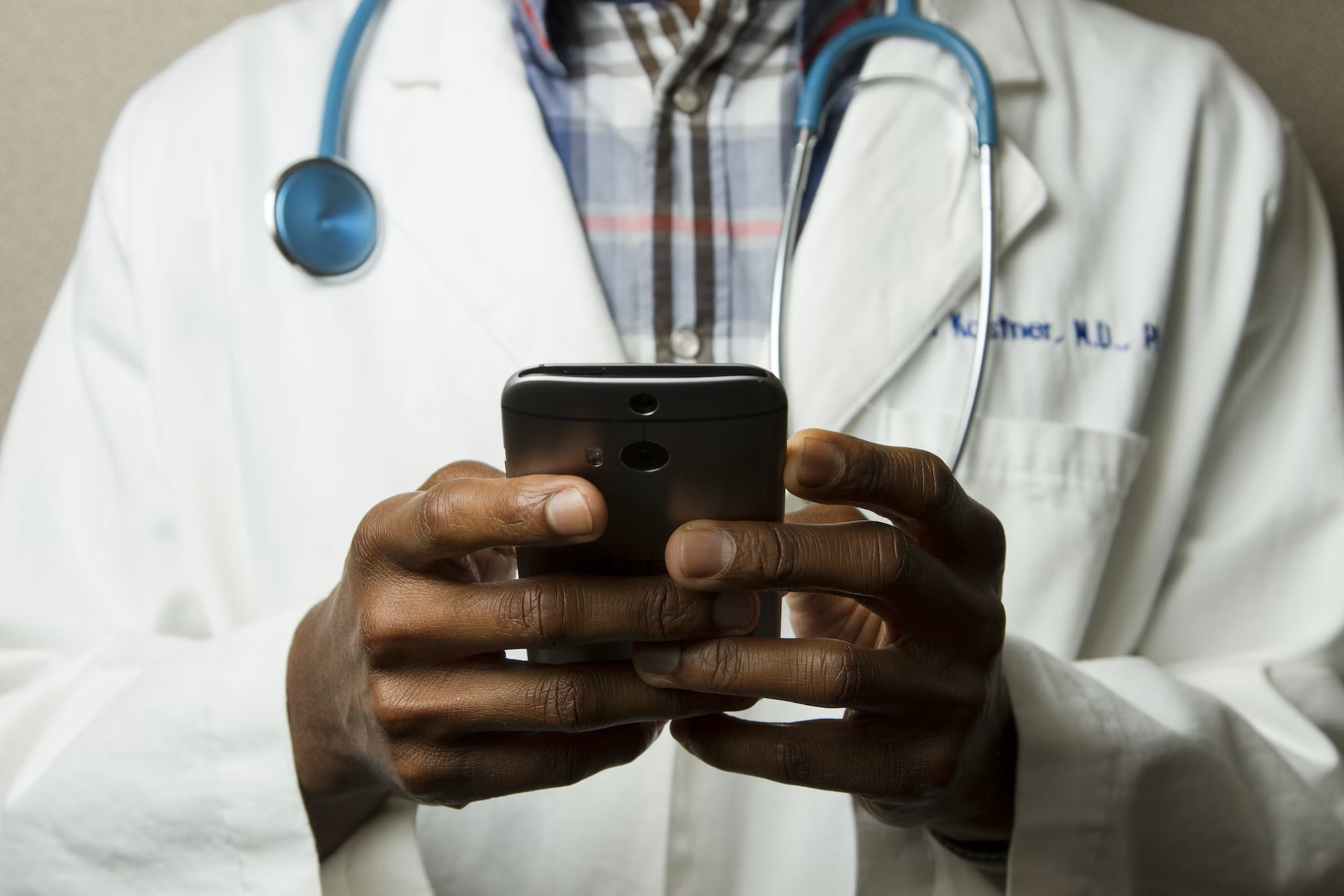In recent years, healthcare technology has become increasingly important in monitoring patients’ physical health, improving their health conditions, and supporting mental health. Advancements in this sphere enabled development of a range of gadgets and devices that help individuals monitor their health, track their progress, and get mental support when needed.
These gadgets can monitor patients’ vital signs, track their exercises and sleep, provide them with remote consultations, and offer support for mental health concerns. The healthcare industry continues to improve. One day, gadgets will become even more essential in health and well-being management and improvement.
Today, we’ll look into the top medical gadgets that can assist patients in monitoring and improving their health.
Unlocking the power of technology for better health
The relationship between technology and health has been rapidly evolving. And it contributed to revolutionizing healthcare and mental health support in many ways:
Improved access to healthcare
With the rise of telemedicine technology, patients from remote or underserved areas now have access to healthcare professionals and receive consultations through telemedicine software. This way, patients can receive medical consultations and treatment without the need for travel or time off work.
Constant monitoring of vital signs
Wearables can track vital signs, exercise, calorie intake, and sleep patterns, providing a comprehensive picture of an individual’s health. They also help patients track their progress, set goals, and make adjustments to their lifestyle to improve their health.
Mental health support
Technology makes it easier to seek support for mental health concerns with mobile applications for mental health. They allow individuals to access support wherever they are. A variety of mental health applications provide diverse features such as cognitive-behavioral therapy, guided meditations, and mindfulness practices. They allow users to track their mood and symptoms and provide a better understanding of their mental health.
Medical device enhancement
With such a progress in technology, patients can use a range of health-related technology products that can improve health outcomes. For example, home health monitoring devices have the potential to monitor chronic conditions, such as diabetes and heart disease, and can help patients remotely track their symptoms, receive medical advice, and provide earlier interventions leading to improved outcomes.
Let’s look in detail at how these technologies support the everyday lives of patients.
Revolutionizing the way you monitor your health with wearable technology
In this section, we’ll reveal the most commonly used types of wearable devices for supporting health.
Smartwatches and fitness trackers
Smartwatches and fitness trackers are perhaps the most popular types of wearable technology. What they help with:
- Tracking steps, distance, and calories burned
- Monitoring heart rate and blood pressure
- Providing notifications for calls, messages, and appointments
- Offering GPS tracking for outdoor activities
Wearable devices that proved to be effective are Apple Watches, Fitbits, and Samsung Galaxy Watches.
Heart rate monitors
Physically active individuals can especially benefit from using these devices. Monitoring heart rate during exercise can help them optimize their workouts and improve their fitness levels. The benefits of heart rate monitors include:
- Providing real-time heart rate data
- Tracking progress over time
- Helping individuals train at the right intensity
Heart rate monitors include chest straps, wristbands, and earbuds of such popular brands as Polar, Garmin, and Wahoo.
Sleep trackers
Sleep trackers are designed to monitor an individual’s sleep patterns. Getting good quality sleep is essential for maintaining both physical and mental health. Using sleep trackers can be a helpful tool for individuals to pinpoint any factors that may affect their sleep, such as snoring or disruptions. Advantages of using sleep trackers include:
- Providing data on sleep duration and quality
- Identifying sleep patterns and disturbances
- Offering personalized sleep recommendations
Patients can use wristbands and sleep mats from such popular brands as Fitbit, Oura, Withings.
Healthcare made convenient with Telemedicine
Telemedicine refers to the delivery of healthcare services through telecommunication technologies. It’s also known as telehealth or virtual care and involves software development in healthcare to provide remote healthcare services to patients, allowing healthcare providers to connect with patients remotely.
Popular telemedicine technologies and devices to deliver remote healthcare services are:
Video conferencing platforms. One of the most common telemedicine devices is video conferencing platforms. They allow patients to conduct remote consultations with healthcare providers from home, reducing travel and costs.
Some popular video conferencing platforms used in telemedicine include Zoom, Skype, and Microsoft Teams.
Remote patient monitoring (RPM) devices. RPM devices enable healthcare professionals to remotely monitor patients’ health conditions, especially those with chronic illnesses. By gathering data such as blood pressure, heart rate, and blood glucose levels, healthcare providers analyze patient conditions and tailor their treatment plans.
RPM devices include wearables, blood pressure monitors, glucose monitors, and more.
Benefits of telemedicine for patients and their providers
Telemedicine offers the following benefits:
- Improved availability of healthcare services, especially for patients residing in far-flung or isolated regions
- Improved patient outcomes as they are able to receive healthcare services more frequently and in a more timely manner
- Cost savings, as telemedicine eliminates the need for in-person visits and travel
- Reduced risk of exposure to infectious diseases, particularly during pandemics like COVID-19
Telemedicine continues to evolve. It can transform the way healthcare services are delivered, making them more convenient, accessible, and efficient.
The importance of mobile applications in improving health and well-being
Mobile apps have emerged as a powerful tool to promote health and mental well-being. Vendors of mental health apps use smartphones, which have become an inseparable part of our lives, to offer convenience and accessibility to various health-enhancing features.
In this section, we’ll discuss how such apps assist us in leading healthier lifestyles and managing our mental health.
Meditation apps
Meditation has been proven to have a positive effect on mental health, particularly in reducing stress and anxiety. Meditation apps provide guided meditations that help users relax and focus their minds. Popular meditation apps include:
- Headspace: This app offers guided meditations for various purposes such as stress management and better sleep.
- Calm: The application offers instructed meditations, bedtime stories, and relaxation exercises. It has been featured in the Apple App Store as “App of the Year“.
- Insight Timer: This app offers guided meditations and allows users to customize their meditation sessions by selecting the duration and background music.
Fitness and exercise apps
Physical exercise is essential for maintaining good health, and fitness apps provide users with the necessary tools to stay motivated and track their progress. A range of features including exercise tracking, workout plans, and nutritional advice are provided by these apps. The app list includes:
- Nike Training Club: This app offers personalized workout plans, video tutorials, and nutrition advice. Users can also connect with friends and participate in challenges through the app.
- MyFitnessPal: The app enables users to track their calorie intake and provides customized meal plans. Users can also track their exercise routines and communicate with friends to receive encouragement and support.
- Fitbit: This app is designed to work with the Fitbit wearable device and tracks users’ physical activity, sleep, and nutrition. It additionally provides customized exercise schedules and enables users to seek support from friends.
Mental health and therapy apps
A mental health mobile app offers users access to mental health professionals and resources to manage their mental health. They provide tools to manage stress and anxiety, improve mood, and offer therapy sessions. Among such apps are:
- BetterHelp: This app connects users with licensed therapists and offers video and phone sessions. It also provides a messaging system for users to communicate with their therapist.
- Talkspace: This app offers online therapy sessions with licensed therapists. Users can communicate with their therapist via messaging, audio, or video calls.
- Woebot: This app offers cognitive-behavioral therapy sessions and helps users manage their mental health through daily conversations with a chatbot.
The availability of mobile applications can enhance our health and wellness through access to resources and support, making it more convenient than ever to prioritize our well-being.
Home health monitoring: The gadgets that keep you on track
Healthcare technology is evolving at an unexpectedly rapid pace. One area that has seen significant growth is home health monitoring devices, which allow individuals to monitor and manage their health from the comfort of their own homes. This is especially useful for patients with chronic conditions.
Here are the most popular types of home monitoring health devices:
Blood pressure monitors
These devices help measure blood pressure, which is a critical indicator of cardiovascular health. Such monitors can be of two types:
- Upper arm monitors
- Wrist monitors
Glucose monitors
Glucose monitoring is essential for individuals with diabetes. It allows them to track their blood sugar levels and make adjustments to their diet or medication as needed. There are two types of glucose monitors:
- Fingerstick monitors
- Continuous glucose monitoring (CGM) devices
Portable ECG monitors
ECG (electrocardiogram) monitors are used to track heart health and detect abnormal heart rhythms. Portable ECG monitors work by recording the electrical activity of the heart through electrodes placed on the skin and producing a visual representation of the heart’s activity. The data obtained from monitoring can aid in the diagnosis of heart-related conditions or evaluate the efficacy of treatment. Portable ECG monitors allow individuals to monitor their heart health from home, which is especially important for those at risk of heart disease.
Conclusion
Healthcare technology has transformed the way we take care of our health. Wearables, telemedicine, mobile applications, and home health monitoring devices have made it easier and more convenient to manage health.
With continuous technological advancements, we can anticipate a multitude of groundbreaking healthcare solutions that will enrich our daily lives and enhance our overall well-being. Whether our aim is to enhance our physical fitness, manage a chronic ailment, or prioritize our mental health, there’s undoubtedly a device accessible to help us attain our goals.










Add Comment